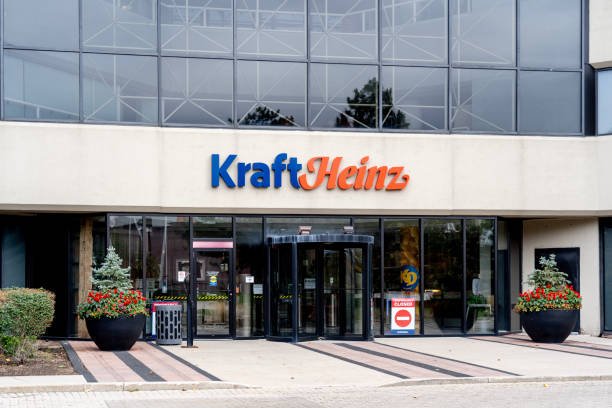A decade after creating one of the world’s largest food conglomerates, Kraft Heinz announced Tuesday its decision to break apart into two separate companies.
This strategic move reflects the company’s response to shifting consumer preferences and declining sales in the processed food sector.
The planned separation will divide Kraft Heinz along performance lines, creating distinct entities with different growth trajectories.
The slower-growing grocery division will house traditional processed foods, including Oscar Mayer meats, Kraft Singles cheese, and Lunchables meal kits, as an independent company.
Meanwhile, the remaining entity will focus on higher-performing products like Heinz ketchup, Philadelphia cream cheese, and Kraft Mac & Cheese, which represent the company’s condiments and faster-growing food categories.
Consumer behavior changes have significantly impacted Kraft Heinz’s financial performance, with global net sales declining nearly 2 percent in the second quarter compared to the previous year.
The company faces dual challenges as inflation-conscious shoppers increasingly choose cheaper private-label alternatives while simultaneously moving away from highly processed foods.
These market dynamics have forced executives to implement price increases across multiple categories, particularly coffee, which subsequently reduced consumer demand for cold cuts, frozen snacks, and powdered beverages.
This breakup follows a broader pattern of food industry consolidation and separation strategies aimed at optimizing shareholder value.
The Kellogg Company executed a similar split in 2023, spinning off its cereal brands, including Frosted Flakes and Froot Loops, while retaining its faster-growing snacks business under the Kellanova name.
Recent major acquisitions include Mars’ $35.9 billion purchase of Kellanova and Ferrero’s planned acquisition of WK Kellogg’s cereal business, demonstrating how companies are reshaping their portfolios to align with evolving consumer preferences and market demands.

